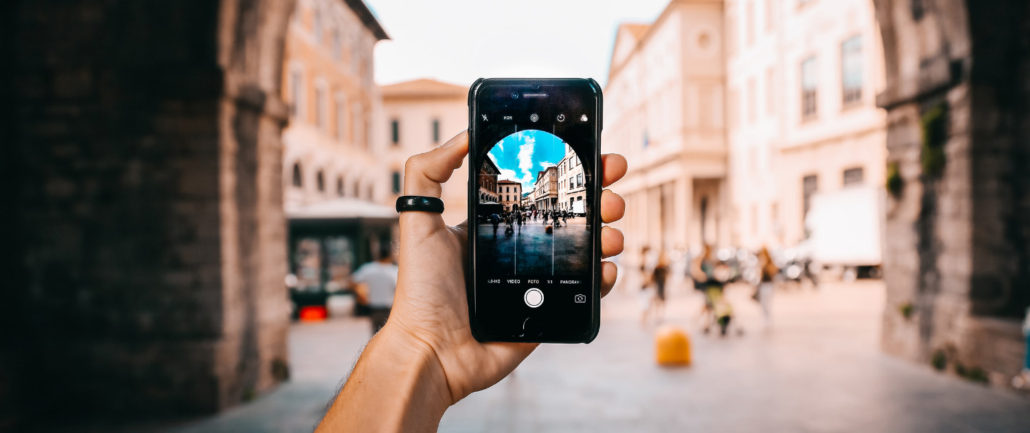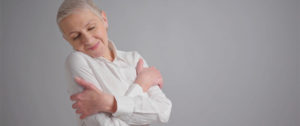by Astara
“What’s hidden inside blood and bone,
inside each breath thought emotion,
stretches light across cities clouds tarmacs prairie,
connecting me to everything
and mostly, if I allow it, to myself.”
— Astara Raven, from the poem Light Trails
Our world is more connected than ever, right? Wrong. To me, our current state of connection feels like rickety training wheels on a bike. We might think we are all riding this global connection solidly, but are we as connected as we imagine? The answer is yes and no.
Yes, we are as connected as we imagine. We have more connection available via smartphones, social media, and the internet. Ironically, we were connected before we created the internet, cell phones, and added more satellites in orbit just beyond our atmosphere. We are inextricably woven into the fabric of our eco-system; we are an intrinsic part of the whole and connected to the incredible unseen but felt morphogenetic fields.
And NO, we are not as connected as we imagine. Our current ubiquitous technology use lacks the core presence we desire in our lives and relationships. In fact, many aspects of our technology are outright dangerous to our health and well-being.
Our current world is saturated with designed-to-be-addictive devices to mimic the connection chemicals we are hard-wired for in positive relatedness. They are designed to awkwardly imitate the neural-web that already exists around us on the planet through plants, animals and humans. Just ask a tree someday how they send messages to other trees. Trees don’t need to text. Our connection often lacks that quality of that awareness and aliveness.
To actually take off our training wheels (dependence on technology for connection) and ride a two-wheeled bike (wake up to how connected we actually are), we have to find our core strength and learn balance. Let’s replace balance with the word harmony. The idea of equal balance doesn’t exist in nature, for everything is in motion on some level, seen or unseen.
Yes, we have a global news feed streaming non-stop information across the internet and social media. Yes, we can communicate to friends and family across the world instantly. Yet, we are actually feeling more lonely, isolated, and afraid then ever before. Due to the addictive nature of these devices, a gigantic percentage of the population juggles more anxiety, depression and unchecked aggression than we may have known before now.
These devices make us good worker bees and fantastic consumers. And pretty good looking zombies.
In our company and household we refer to the current device-heavy reality we live in as the zombie apocalypse. Do not fear, it is already here. It is such an outrageous new normal, our city sidewalks filled with heads bowed down thumb-typing into small hand-held screens. Texting while driving and not looking up. Many of us that knew a world before smartphones, think nothing of this new world we live in. As I write, I sit at a laptop. But later when I check blog comments, I will look like a zombie again, with my own head bowed over a small lit screen.
Watch any movie filmed prior to 2000. Most likely it will look very different to the city you see around you now. The use of the device has real impacts in our lives. I imagine chiropractor’s will have job security for a long while to straighten our our necks and backs from mobile phone use. Don’t even get me started on the electromagnetic frequency impacts on our body and field, the environmental impacts, or the violence insinuated in a profitable data-dominated playground.
In our explorations of what harmonious and healthy device use could possibly—if ever—look like, my partner Orion and I stumbled upon the phrase “ambiguous loss” this month as a descriptor of the cultural phenomenon of loneliness and disassociated numb we are creating and experiencing in our technological-drenched world.
We recently listened to a profound On Being podcast interview of Esther Perel, where she discusses this cultural phenomenon of ambiguous loss. Pauline Boss first named “ambiguous loss” in her 1999 book Ambiguous Loss: Learning to Live with Unresolved Grief. In the world now humans still find their way with the ancient existential loneliness of being alive, but there is a new form of loneliness that ambiguous loss generates that many of us are having to navigate in our relationships, at home and in the community.
“To explain: ambiguous loss, for example, when a person is still physically present but psychologically gone, as if when they have Alzheimer’s, for example. Or if you have someone who disappeared, they are physically gone but psychologically present. In both cases, you cannot resolve the question of mourning and loss, because you don’t know, are they here, or are they not here?
When people describe to me being put on pause in a conversation or lying next to someone in bed who is scrolling through their Instagram feeds and is physically present but psychologically gone or is having literally another life with their phones, what they’re describing is not the physical isolation of loneliness. They’re describing a loss of trust and social capital that they are experiencing next to the very person with whom they should not be feeling alone. That’s ambiguous loss.” – Esther Perel, from the The Erotic Is an Antidote to Death
Do you know you are most likely causing and experiencing ambiguous loss? Especially with your loved ones. Many of us aren’t aware of the daily incremental loss we generate as part of our device-centered zombie apocalypse. Meditation, yoga, breathwork, sound healing, and other mindfulness practices are on the rise to cultivate more psychological awareness and a deeper anchoring in the world. Will the antidote they offer ameliorate the immense cultural phenomena of ambiguous loss found in a 24/7 device laden world? We hope so. Orion and I get up each morning to help empower a healthy interior world so we can be available to connect with quality to ourselves and the world around us.
We don’t have all the answers, but we sure are asking better questions everyday. Our first solution: unplug as quickly as possible! We are not having as much fun as we hoped being zombies. So, we are taking a device-free vacation this week. After yesterday’s black super new moon, tomorrow we are heading to the north shore of Lake Superior to carve out a whole week with our smartphone turned off!
The ongoing daily solution:
- We plan to create device curfew with no device use before 8am and after 9pm, which also benefits our circadian rhythm.
- Take a day off from our devices completely each week.
When we realize we don’t have to depend on technology for connection, we can wake up to how connected we really are. Won’t you take (or schedule) a device time-out with us?
We would love to hear from you! Are you ready to find your own zombie antidote? How do you bring more presence and connection into your life and to those around you?






 Mystic Fest Day 2
Mystic Fest Day 2


 This is on
This is on
